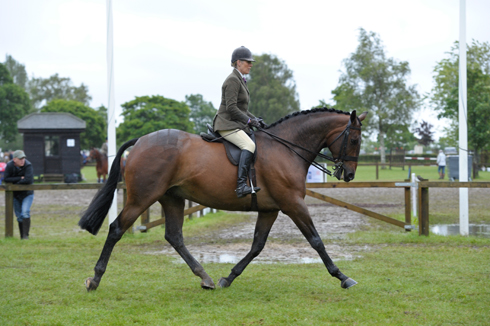- Cereals: barley is probably the main offender, but wheat, maize and oats can also cause problems
- Peas: these are frequently used in horse feed mixes and are one of the ingredients that can provoke a reaction.
- Oils: soya and sunflower oil are often used in feeds as a binding agent and also to add extra calories for horses prone to weight loss. However, they may not be tolerated in every case.
- Treats: apples, carrots and peppermints all carry the potential for allergic reactions in a horse. These can often be overlooked when investigating an intolerance so it is important to include them when discussing your horse’s feed with a nutritionist.
- Garlic: although it is fairly common to feed garlic as a supplement, it can be the cause of intolerance-related reactions in some horses
“In the beginning, only feed the horse good quality hay. A back-to-basics diet of just hay and water for two weeks will eliminate all other food traces and toxins from the horse’s system.
Reintroduce the first food (as suggested by your nutritionist) to your horse’s diet for a period of twoweeks. If this is the food causing the problem, his symptoms will reappear. Continue reintroducing food samples, one at a time, each for a period of two weeks until all foods have been tested.
Your horse may be intolerant to more than one food so even if he reacts to an early food sample, make sure you continue with the elimination diet until all foods have been tested.
Consult your nutritionist once the offending foods have been identified. He or she will be able to work with both you and your horse to develop a suitable diet plan that excludes the problem foods yet also provides all vital nutrients.
If, once the elimination process is complete, no foods have been identified, it is likely that other aspects of your horse’s lifestyle are to blame. Consult your vet, and ask him to check your horse for other possible allergies. These could include adverse reactions to dust, mites, tack, rugs or bedding.
NB: While the horse is onan elimination diet it is a good idea to restrict access to grazing to stop him eating other shrubs or plants that could be causing problems unbeknown to you.




